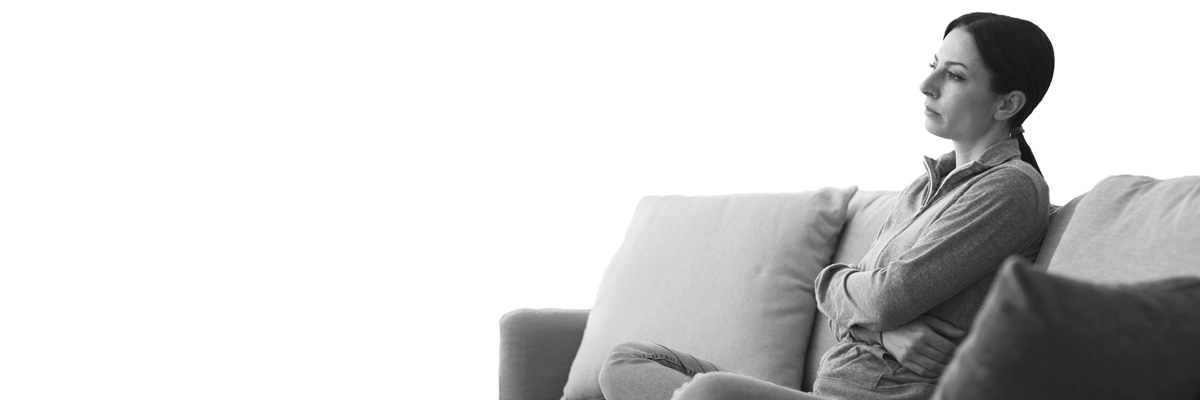Eating disorders in the postnatal period

Many women struggle with the changes to their body after giving birth. It’s normal and understandable, particularly as you recover and heal. New mothers often describe feeling shocked, embarrassed and anxious as they adjust to weight gain, stretch marks and loose skin post-pregnancy.
I couldn’t look at myself in the mirror after having my baby. I hated my body.
Unfortunately, these feelings can be compounded by societal pressure to “bounce back” and social media images of celebrities and influencers appearing to lose weight effortlessly. (Don’t forget that in reality, they often have the help of chefs, personal trainers and Instagram filters!)
Relapse of eating disorders
Relapse of eating disorders is common. For some new mothers, the increased focus on weight and shape can trigger an eating disorder such as Bulimia Nervosa, Anorexia Nervosa or Binge Eating Disorder. Others with a history of eating disorders may find they relapse during the postnatal period, even if their symptoms improved during pregnancy.
I swear to god, I had like a countdown to when she was born, and I didn’t have to eat anymore.
One large study found that three years after having their baby, 40 per cent of women with anorexia had relapsed and 70 per cent of those with bulimia had relapsed.
Breastfeeding left me gaunt and thin which only stirred old habits. I was so busy with the baby that I often just forgot to eat. When people said, “You don’t look like you’ve had a baby,” it reinforced my old eating behaviours. I was feeding my baby – and starving myself at the same time.
Research has shown that new mothers with eating disorders or those with a history of eating disorders, are more likely to experience postnatal depression and anxiety. They’re also more likely to stop breastfeeding earlier and/or experience feeding difficulties. This is sometimes related to low milk supply due to inadequate nutrition.
I chose not to breastfeed because I wanted to get back to my pre-pregnancy weight. I still feel guilty about it.
Where can I find help?
Many women with eating disorders suffer in silence due to the stigma that still exists around these conditions. It’s important to know that if you’re struggling with eating, purging, excessive exercise or other behaviours linked to eating disorders after having a baby, you’re not alone.
Help is available. And while it’s not always easy to speak honestly and openly about how you’re feeling, it’s incredibly brave to take the first step.
You can find support for body image concerns and/or eating disorders by searching our e-COPE directory here.
